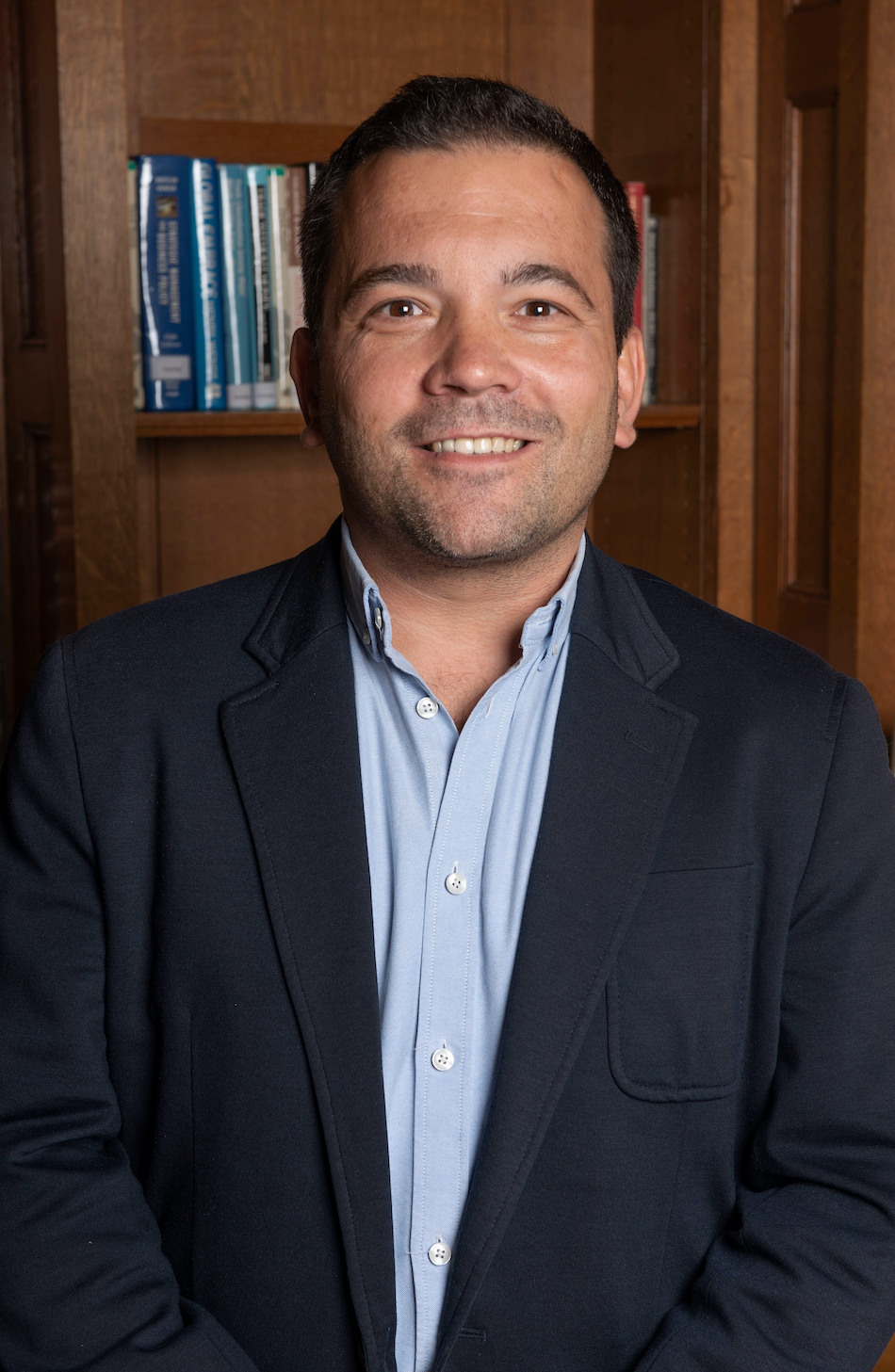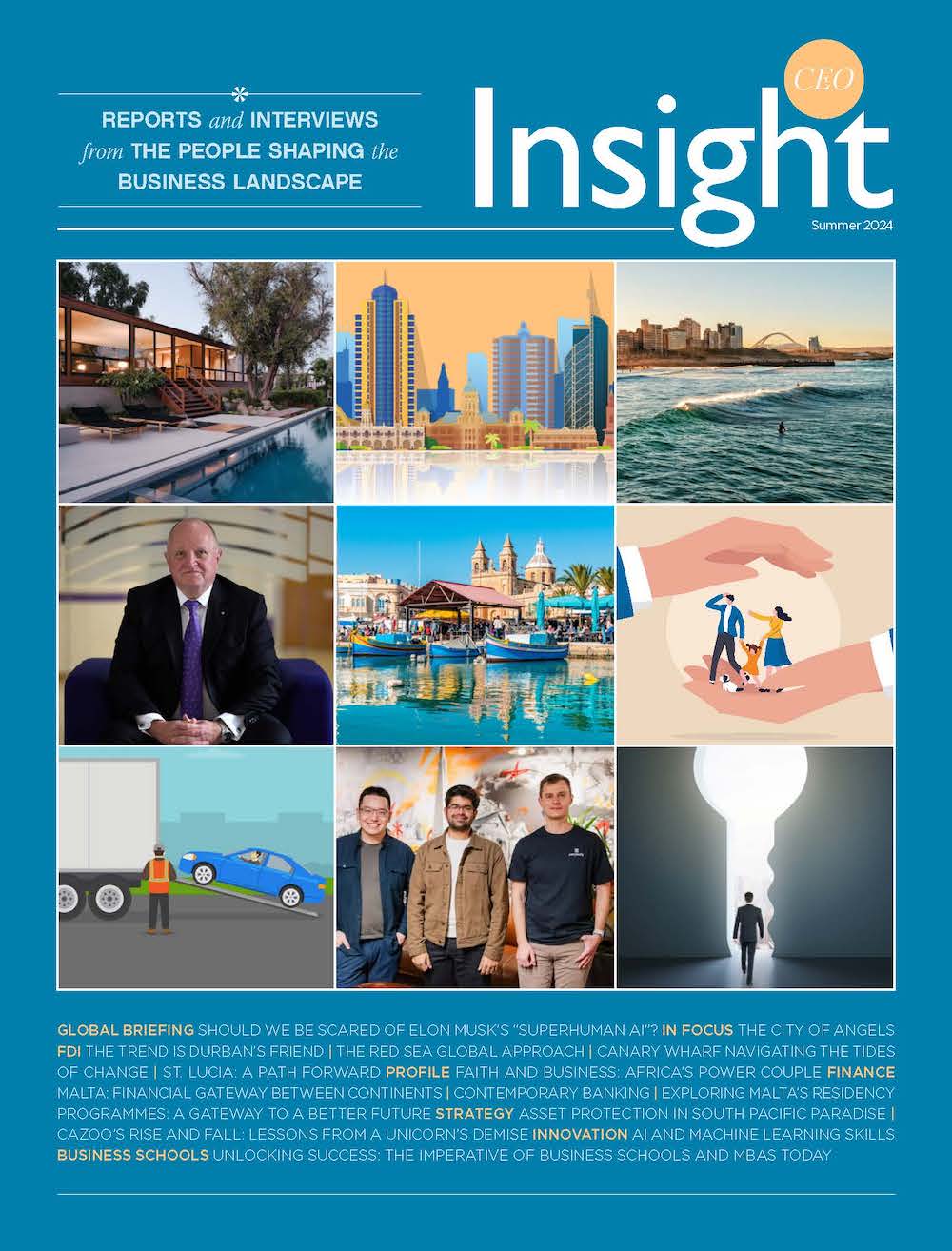Many Boards Are Abdicating Their ESG Responsibilities – They Need To Wake Up To The Realities Of Sustainability
Share

Sustainability is not something you achieve. It is a state you have to strive for continuously and it needs a radical change of mindset. Research tells us responsibility for environmental, social and governance (ESG) is not a priority for boards; they are content to be ‘fast followers’ of trends, but don’t want to stray too far from their core business.
How will future generations perceive this indifference and inertia? We need to find innovative solutions and this demands the ability to look beyond the existing boundaries of the organisation. Business leaders need to be braver as they have an obligation to look to the future to protect stakeholders.
 If you’re a CEO or board director and you don’t have a clear, unambiguous, systemic approach to sustainability for your organisation, the good news – in fact, the only good news – is that you’re not alone. The fact that 95% of organisations are ignoring the stark realities about sustainability doesn’t absolve you from the need to change your mindset right now. The pervasive complacency around this subject has created a huge opportunity for those business leaders who are enlightened enough to see the benefits of creative innovation.
If you’re a CEO or board director and you don’t have a clear, unambiguous, systemic approach to sustainability for your organisation, the good news – in fact, the only good news – is that you’re not alone. The fact that 95% of organisations are ignoring the stark realities about sustainability doesn’t absolve you from the need to change your mindset right now. The pervasive complacency around this subject has created a huge opportunity for those business leaders who are enlightened enough to see the benefits of creative innovation.
Let’s start by defining what sustainability is – and isn’t
First, we must be clear that sustainability is not something you achieve; it is a state you have to strive for, continuously. It is a holy grail and very difficult to achieve. It requires a finely balanced equilibrium and needs a radical change of mindset.
It is also not just a strategy, a placating set of words intended to tell the world that you recognise the need to do something to contribute towards saving the planet and especially the future of the company’s employees, directors and stakeholders. Strategy is merely an intermediate step, and unless the business model itself changes, it will never be sustainable.
So, it is not what you say – it is what you do. And not just from time to time, but all the time. Sustainability is how we use all the available resources in a way that creates value today, but also ensures that successive generations have the same – or better – opportunities to create value in the future and have at least the same standard of living.
Research tells us ESG is not a priority for boards
According to research studies at Henley Business School and elsewhere, the level of adoption of effective environmental, social and governance (ESG) issues by CEOs and board members is still shockingly low. A survey in the USA revealed that only 2% of boards include anyone with expertise in climate change, a threat that most scientists agree represents the single biggest risk to our
entire existence in the coming decades. Instead, boards continue to make short-term financial gains a priority, dressed up with the corporate fascinator that is greenwashing (branding something sustainable when this isn’t necessarily accurate).
Boards are content to be ‘fast followers’ of trends, but don’t want to stray too far from their core business. The economic imperatives that drive this can’t be ignored – we’ve witnessed too many organisations trying to evolve gradually and paying the price, notably in the music industry and in the imaging sector.
So how must we change?
If we want to make a difference, we need to stop
focusing on outputs and re-direct our energy to finding innovative solutions. If you’re in the automotive industry, stop trying to make better cars –think about sustainable mobility solutions. If you’re in healthcare, move away from institutional disease management to promoting better healthcare and individual responsibility. We also have to change our attitude to competition and embrace a collaborative approach in which we co-create value in a symbiotic way.
There are sectors that are adapting well (e.g., real estate and retail) but, for the rest of us, we can’t sit back and wait for customer demand to change things or procrastinate until regulatory changes force us to adopt more sustainable practices. We need to create a set of products and services for new audiences. The marketing industry has been creating new opportunities for decades; an example we should follow if we don’t want to be left behind.
Is this an easy solution? Of course not. Most CEOs and boards are good at executing tried and tested process-based solutions, but they don’t understand how to co-create value. It requires a less linear way of thinking, a more circular, system-oriented mindset and the ability to look beyond existing boundaries. Sadly, today’s leaders are not equipped with the right skills, knowledge and cognitive acumen to deal with emerging societal changes.

The ideal answer is revolution rather than evolution
It is idealistic to suggest that companies should (or can) adopt a new business model without a significant risk to their revenue streams and profitability. In a world where competition is preferable to collaboration, this cycle is almost impossible to break.
At Henley, we help boards to understand the different elements of transformation at a granular level. We speak about ‘contextual ambidexterity’: the ability to excel at both exploration and exploitation within the same organisation. We encourage boards to consider ‘structural ambidexterity’: business units are separated out and resources are gradually migrated over time. The risks involved are minimised because sustainability requires structural transformation first (and then gradually evolving the culture). However, if we are running out of time, there are key structural decisions that need to happen now. One of the biggest barriers is the short time that most CEOs are in place – around five years on average. This lack of continuity profoundly hampers longer-term planning.
If we truly want to transform, the best answer is to create a new business and start afresh, with genuinely green credentials. Governments need to offer incentives and there should also be a requirement that new companies demonstrate the sustainability of any business model.
Steps to realign your mindset
Effective transformation requires us to consider three key areas: sustainability, digital innovation and the workforce, and each of these is inextricably linked.
We need to:
- attract an agile, cognitively diverse, digitally savvy workforce that appreciates universal values. We can only do this if we demonstrate a commitment to learning, collaboration and positive action towards change
- work with plausible sources of knowledge to upskill on climate change, waste management, better use of space and resources, and more efficient communications. (Perhaps collaborate with your local university to undertake research; they offer objectivity and the academic resources that affords credibility)
- continue to press for global standards to align international marketplaces and practices
But, until this can happen, you must decide whether you really want to be a leader. How will future generations perceive the inertia that characterises most boards? Our only hope is that entrepreneurs and business leaders are more experimental. You have a duty to protect stakeholders and an obligation to look into the future – you won’t be forgiven for not doing so.
Filipe Morais is a Lecturer in Governance and Reputation at Henley Business School and teaches on Henley’s MA Board Practice and Directorship, and various other programmes, specialising in NED development, strategic management, corporate responsibility and ethics. He is the Programme Director on Henley’s Masters programme in Management for Future Leaders. He is a member of the International Editorial Board of California Management Review. His book, The Handbook of ESG and Corporate Governance, is due to be published in June 2022.
This article is one of a series exploring the challenges of business transformation.
https://www.henley.ac.uk/business-transformation-series
- Are psychopath leaders stifling sustainability and business transformation?
- Can your company survive and thrive in today’s evolving business environment?
Data doesn’t have to be big to be clever! Why small data is a change agent’s best friend
- Business transformations – why you need to change your mindset to change your fortunes
- Transforming for sustainability



























